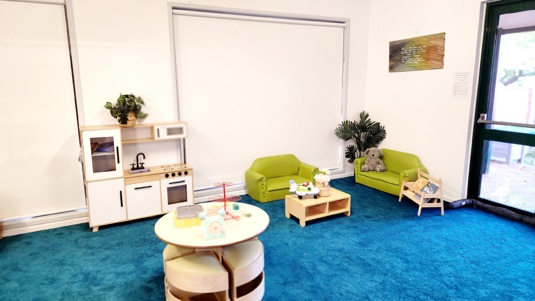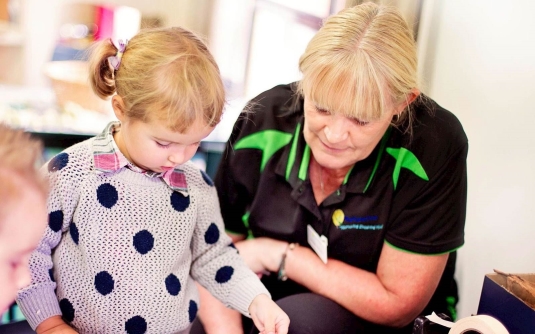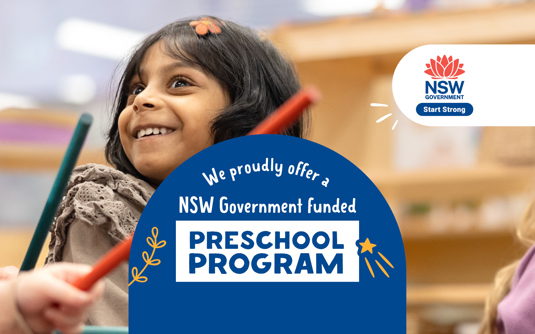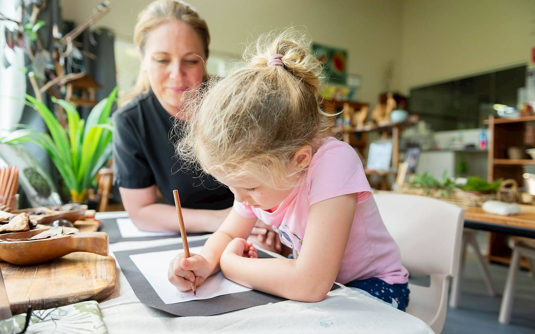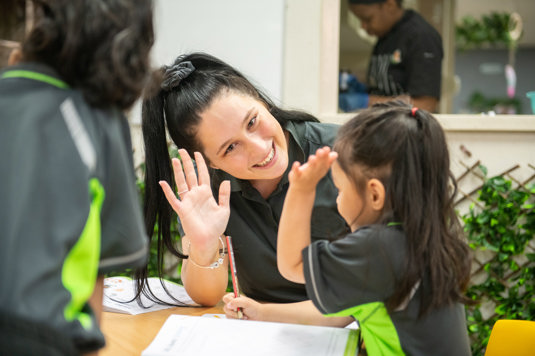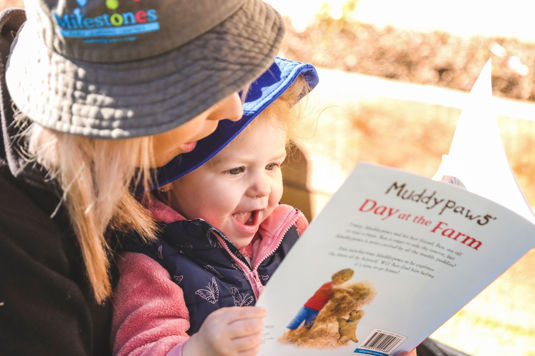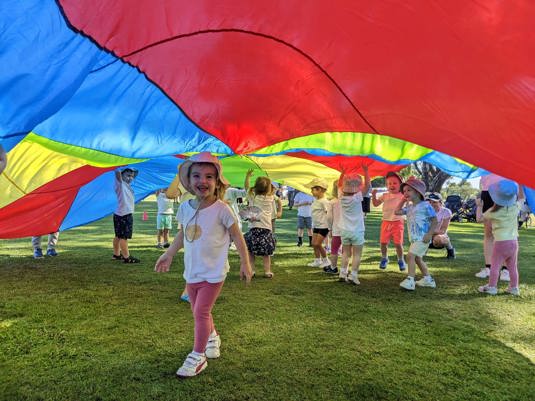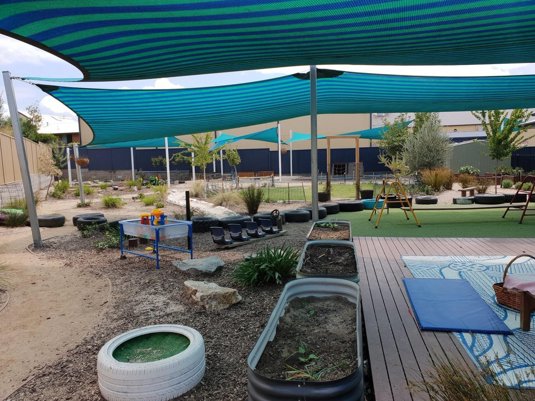39 Childcare services in Abercrombie 2795, NSW
36 of the 39 Childcare services in Abercrombie have vacancies. Your search results include the following suburbs: Abercrombie River, Arkell, Arkstone, Bald Ridge, Ballyroe, Bathampton, Bathurst, Billywillinga, Brewongle, Bruinbun and 82 more.
The average cost for child care around Abercrombie is $144.31/day. The average NQS Rating for Abercrombie is Meeting National Quality Standard.

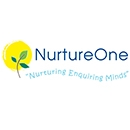

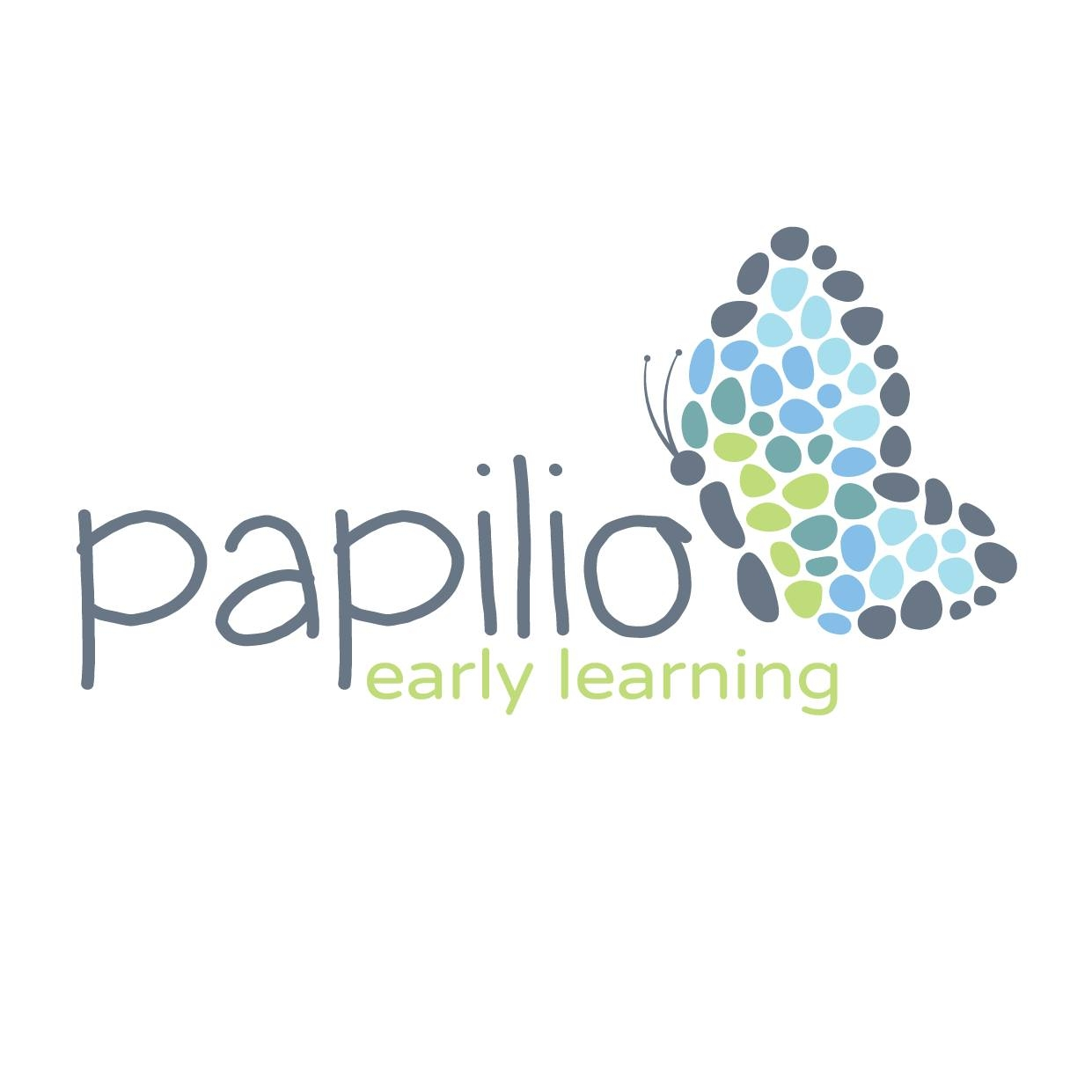

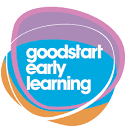
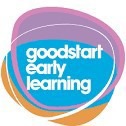
Abercrombie's average NQS Rating is Meeting National Quality Standard.
Nearby Suburb Results
- Eglinton Childcare services (39)
- Llanarth Childcare services (39)
- Stewarts Mount Childcare services (39)
- West Bathurst Childcare services (39)
